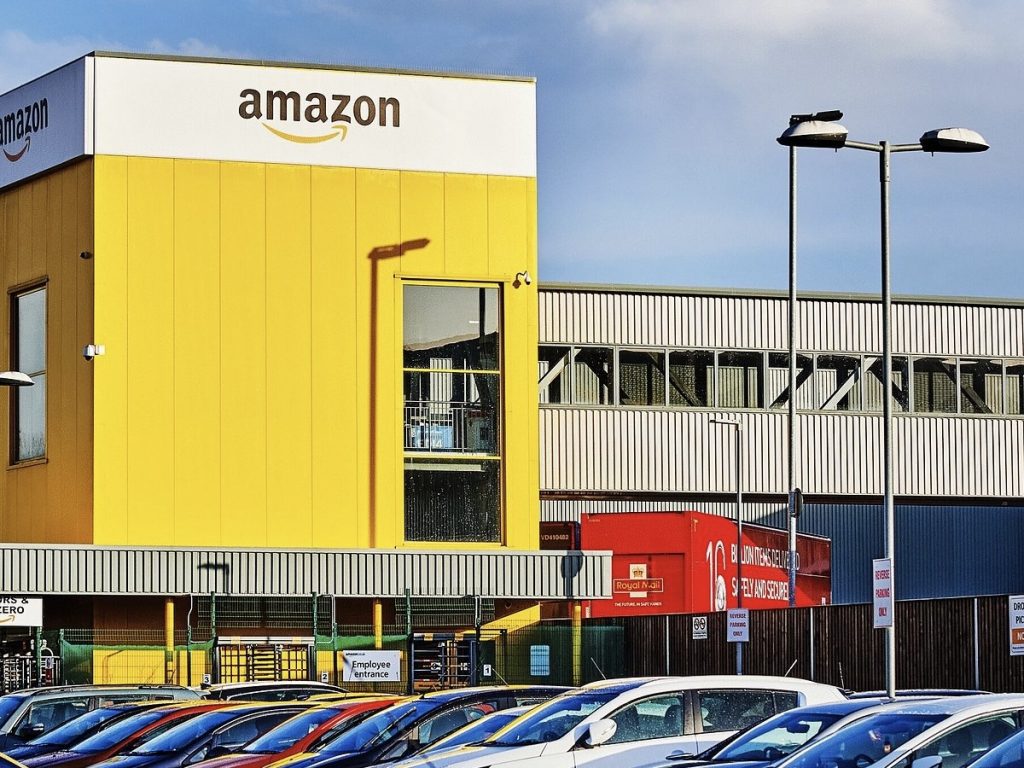- Amazon pledges £40 billion over three years to build warehouses, expand delivery stations and AI/cloud infrastructure.
- The investment will create thousands of full‑time UK jobs, mainly in Hull, Northampton, East Midlands and beyond.
What happened: Amazon Commits to UK
Amazon announced on 24 June 2025 a $51B investment plan in the UK over the next three years. The commitment includes building four new fulfilment centres—in Hull, Northampton, and the East Midlands—as well as upgrading more than 100 existing delivery stations, warehouses and offices. Two of the new sites are each expected to create 2,000 full-time jobs. The company will also invest £10.2B in Amazon Web Services (AWS) infrastructure, particularly to strengthen AI and cloud computing capacity across Britain.
The announcement aligns with the UK’s efforts to revive regional industries under its Modern Industrial Strategy. Prime Minister Keir Starmer described the deal as a strong signal of business trust in the country. He noted that it could bring lasting improvements to areas outside London—particularly places that have long been left out of national growth plans.
Also Read: UK industrial strategy faces mixed industry reaction
Also Read: CoreWeave opens first data centres in the UK
Why it is important
Amazon’s £40 billion pledge is not just another corporate investment—it reshapes how regions outside London think about economic relevance. Hull, Northampton and other sites chosen are not startup hotspots, but places left behind in Britain’s post-industrial era. For years, politicians have spoken of “levelling up,” but rarely has private capital acted at this scale. Thousands of jobs—paired with training in logistics, automation, and tech support—could shift career expectations for entire communities. This isn’t just about delivery; it’s about restoring purpose in places where high streets have emptied and young people have left.
At the same time, Amazon’s £10.2B AWS buildout in Britain sends a strategic signal. As nations compete for AI infrastructure dominance, where data is processed becomes a matter of sovereignty. Hosting AWS capacity means hosting global startups, research traffic, and massive AI workflows. For the UK—post-Brexit and outside the EU digital framework—this is a foothold in the next tech economy. If local suppliers, universities, and cities align with this shift, the benefits could reach far beyond Amazon’s payroll. The question is: can Britain build around it?

